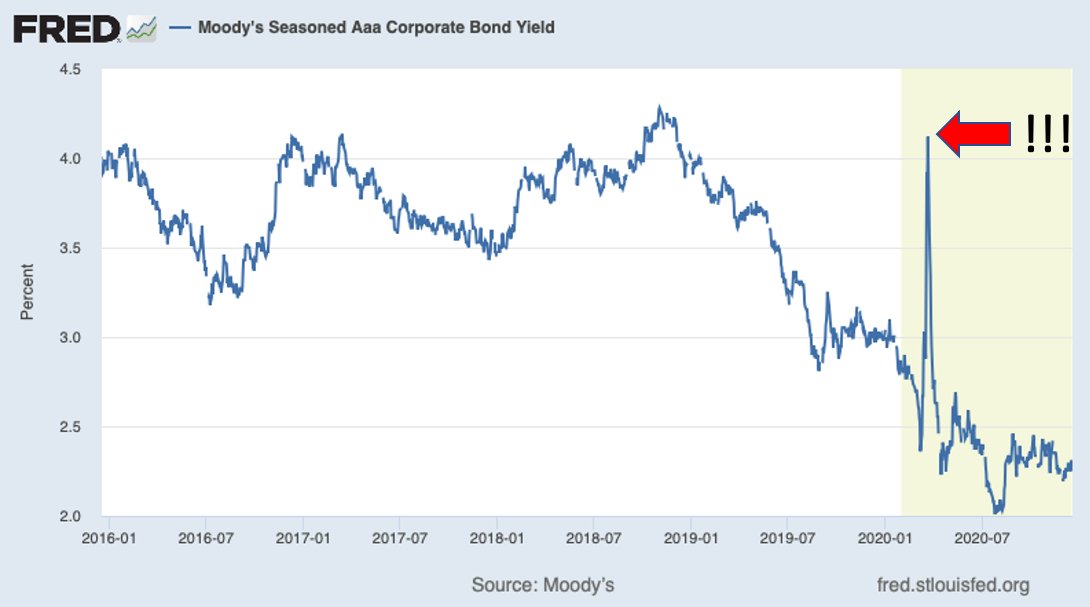
OK, so we're apparently getting more or less a UK-EU free trade area for goods, although service trade will de facto face new protective barriers 1/ nytimes.com/2020/12/24/bus…
This is better than no deal, although tariffs were never the important issue; the serious costs of Brexit were always going to come from red tape and border checks, which are impossible to avoid unless you have a full customs union 2/ nytimes.com/2018/07/10/opi…
Wrong to be apocalyptic here: traffic flows pretty smoothly at the border between the US and Canada, even though we only have a free trade area. But there will be some costs — probably highest in the next few months, when business is still adjusting 3/
Long run Britain will be a few percent poorer than it would otherwise have been. But it won't be all that obvious, probably lost in the statistical noise. In return, Britain will get some ability to make its own rules on immigration etc 4/
I'd feel better about this if I thought Britain would use its freedom of action wisely, which it won't; I'd feel worse about it if the EU were living up to its promise of building a solidly democratic Europe, which it isn't 5/
Maybe it's just me, but my sense is that everyone involved has basically made a dreariness and called it peace 6/
• • •
Missing some Tweet in this thread? You can try to
force a refresh






